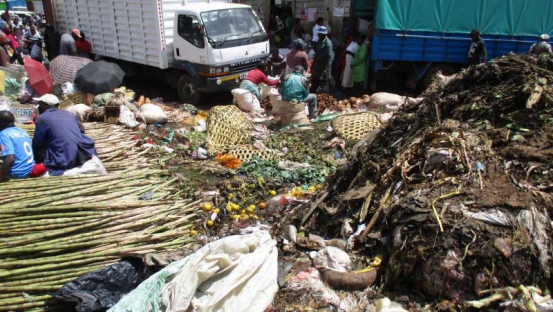×
The Standard e-Paper
Home To Bold Columnists

Denial, poor preparedness and a lack of a medical emergency response strategy might have contributed to the death of several people who contracted cholera.
At least 14 people have died in the last few weeks and more than 400 new cases reported since the outbreak was first publicly reported in Nairobi, with experts warning that many factors beleaguering the health system and the County Government might work against efforts to contain the outbreak.